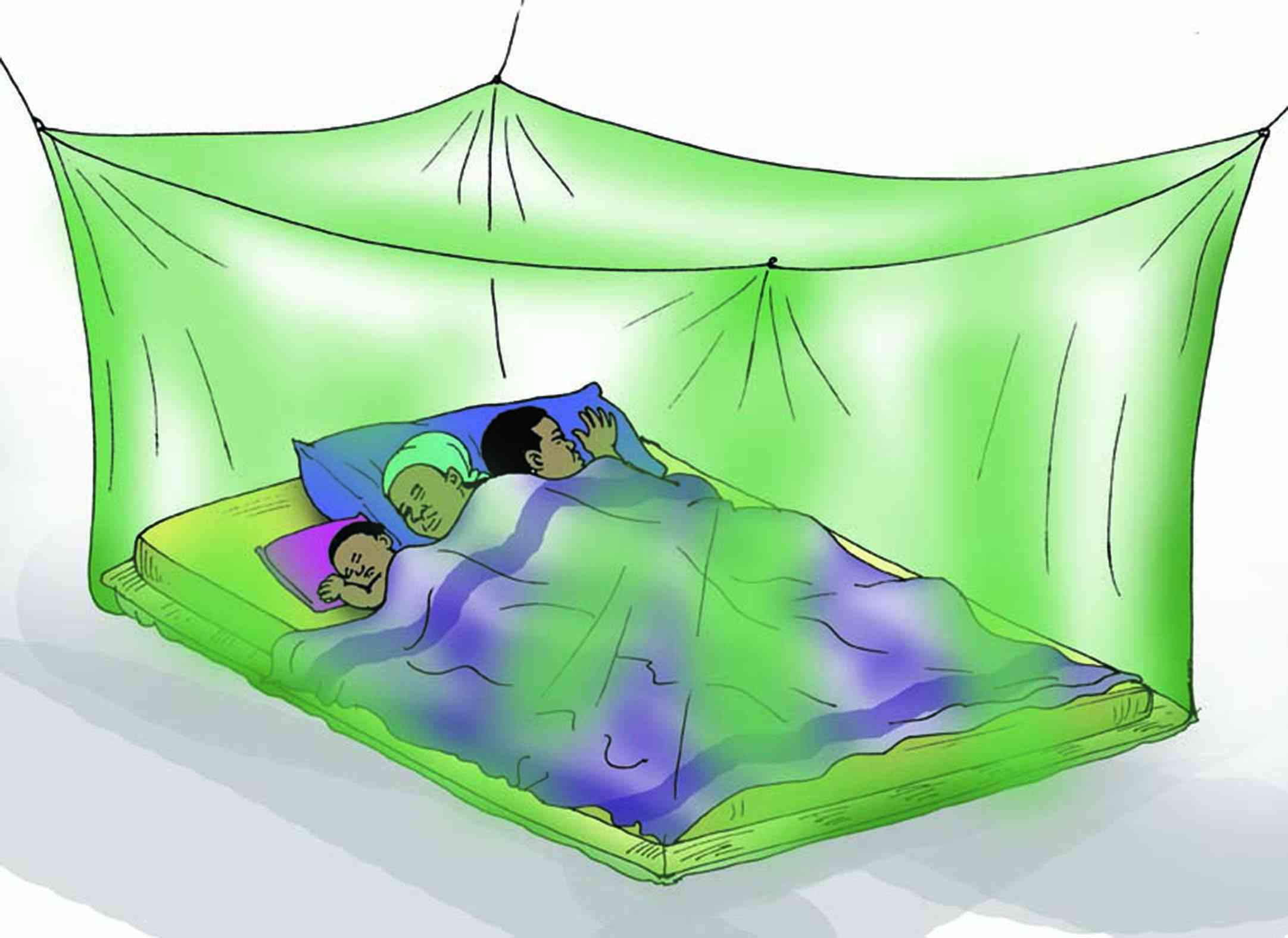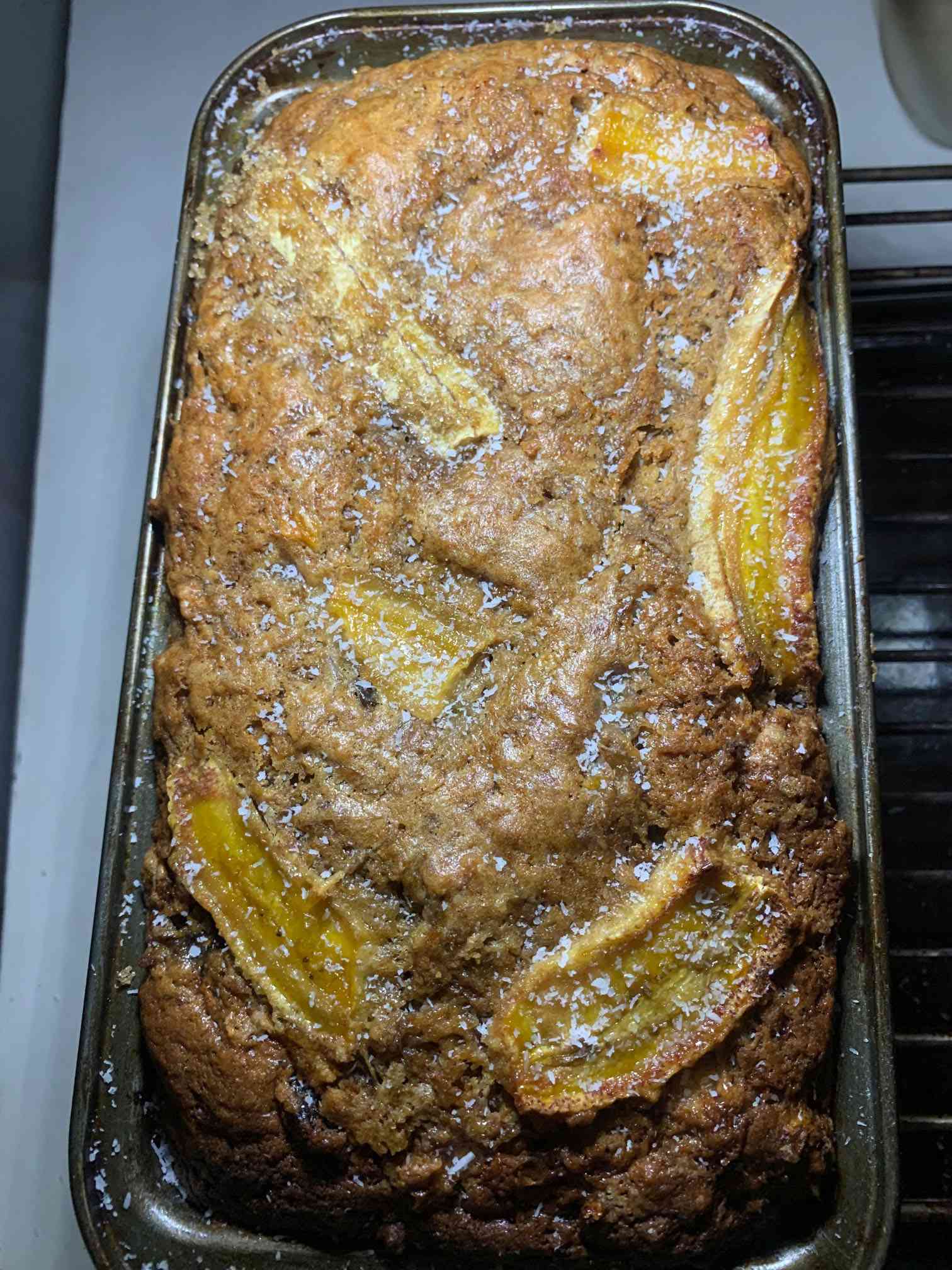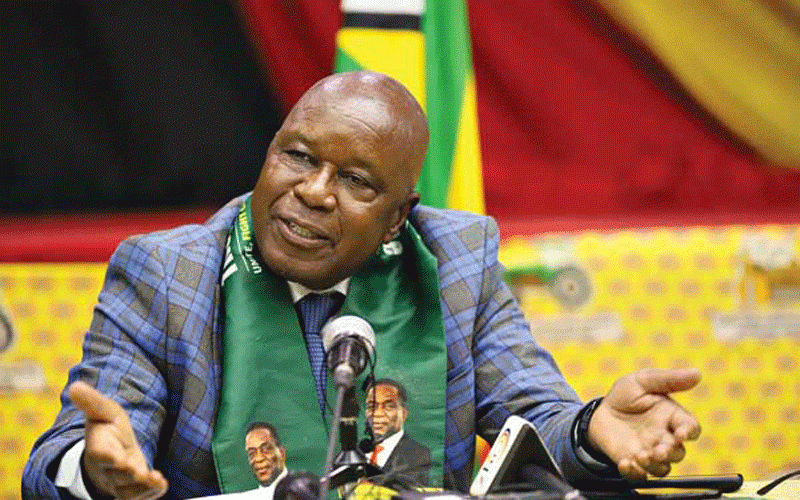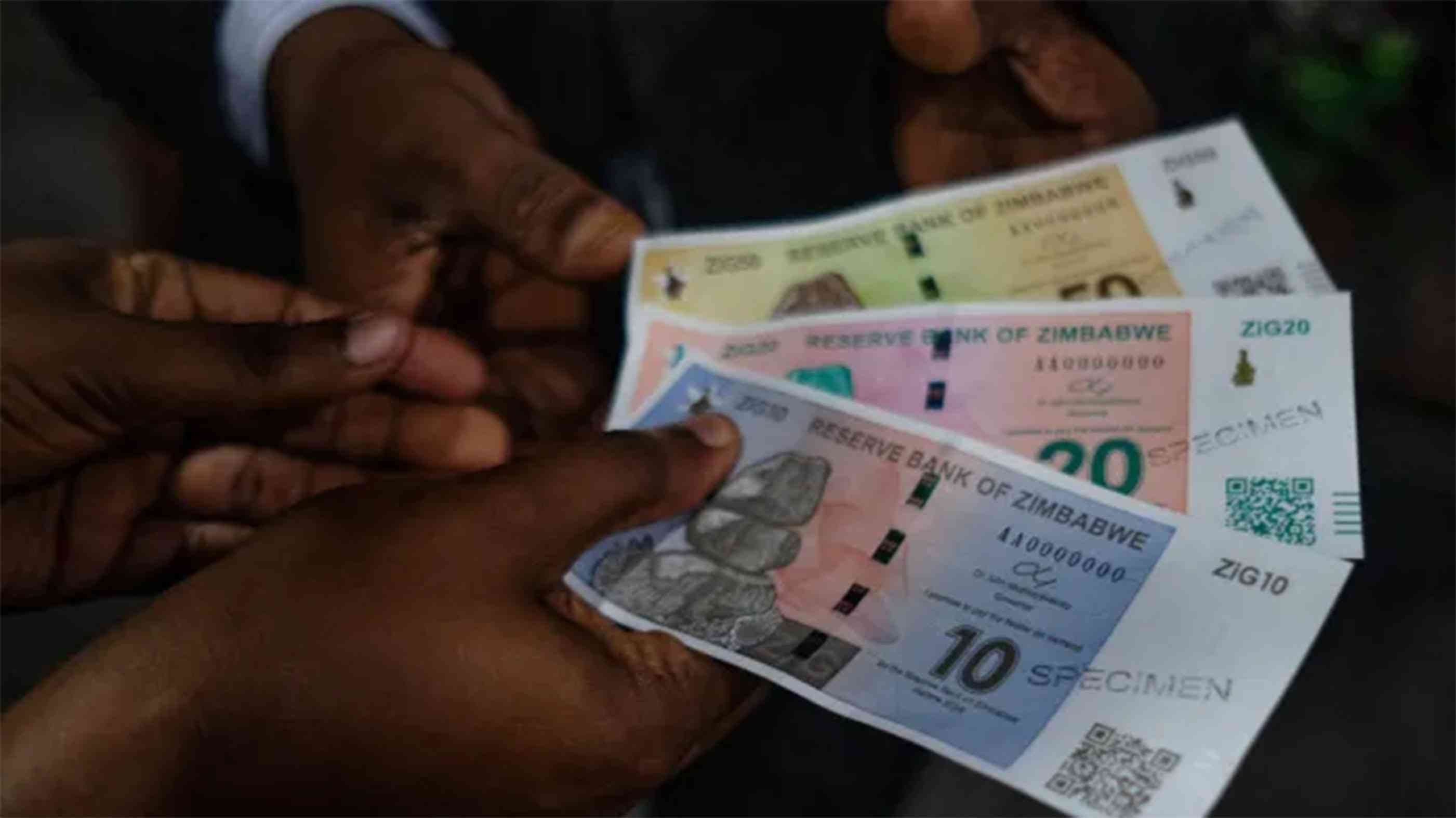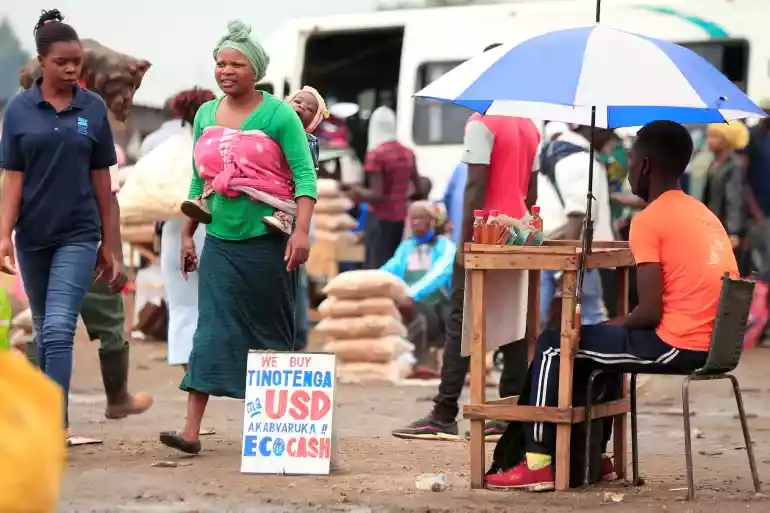
IMARA Asset Management’s most recent analysis of Zimbabwe’s economy exposed how growth remains under threat.
“In 2024, the formal sector is weak,” Imara said it its research note titled Zimbabwe Investment Note, which we analyse on Page 4. “The retailers cannot sell product at prices that make economic sense and so trade goes elsewhere and government receives less VAT (value added tax) than it should. The banks receive limited amounts of deposits relative to the size of the economy and so their balance sheets shrink in real terms.”
Unless authorities move with speed to address the crises confronting Zimbabwe’s formal businesses, most of which we have articulated in the past few weeks, growth prospects will be undermined, and the 3,5% gross domestic product (GDP) growth projected this year will be in danger.
But it is important to indicate that behind these statistics are real human beings whose lives are being affected by clear economic mismanagement.
Policymakers must keep this in mind as they work towards cooling off the current challenges.
While Zimbabweans have been suffering for far too long, their predicament has been compounded by tougher measures announced in the 2024 National Budget, which empowers informal businesses more than registered operators. It has created an uneven operating environment that could push everyone to the black market.
The unintended consequences of that budget will be dire, although it is refreshing to see attempts to review some contentious parts have begun.
As Imara indicates, formal businesses are already at a huge disadvantage compared to informal operators who neither pay taxes nor employ many workers.
- Mavhunga puts DeMbare into Chibuku quarterfinals
- Drama around Ndebele king making a mockery of the throne
- Bulls to charge into Zimbabwe gold stocks
- Ndiraya concerned as goals dry up
Keep Reading
Imara’s hint that banks may also be hurt due to depressed deposits must be taken seriously. Zimbabweans experienced the problems that a banking crisis can inflict on an economy during the hyperinflationary era in 2008.
The brutal effects of hyperinflation today is no textbook example. These are real, practical experiences. Government must not wait until a fresh wave of bank failures rattles markets. That will spell doom for an economy that is already in danger.
Without banks, funding industrial production will become a struggle, and companies will shrink again, forcing output down and triggering rounds of job cuts.
Zimbabwe must not be allowed to relapse back to the crisis that unsettled markets during the hyperinflationary era between 2007 and 2008. One way of avoiding a similar crisis will be to stimulate demand across formal markets and give businesses the capacity to fight their way out of more troubles. It is something that authorities seem very much reluctant to do for now.
It is clear from Imara’s impression of the economic environment, whose predicament has been worsened by power cuts and currency depreciation, that sectors like retail require interventions now more than before.

